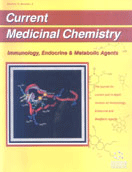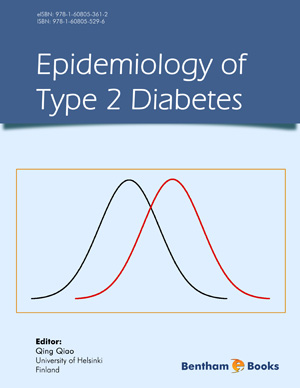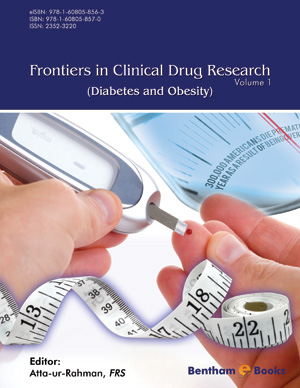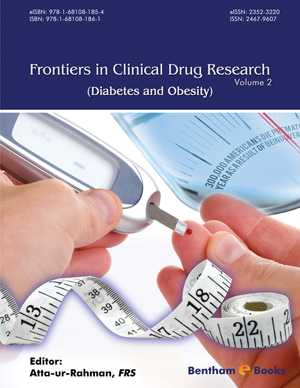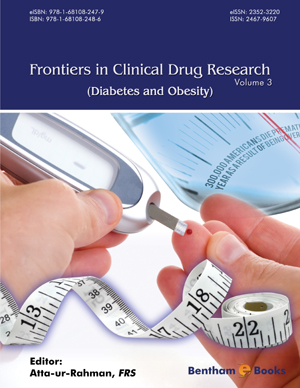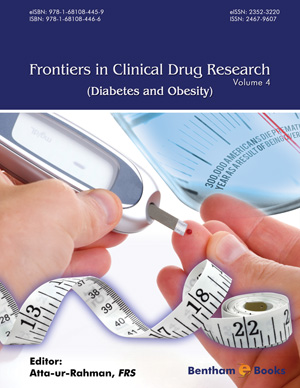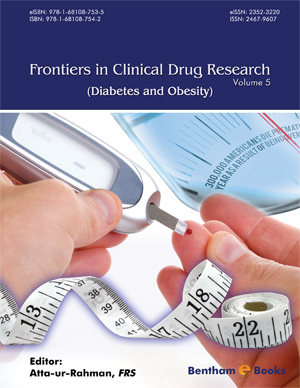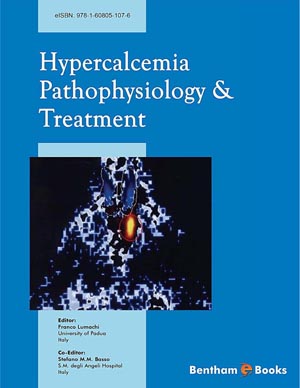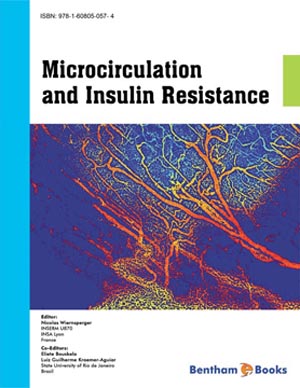Abstract
Type 2 diabetes mellitus (T2DM) is one of the most challenging public
health issues of the 21st century. T2DM, a complex polygenic metabolic disorder, is
characterized by hyperglycemia and hyperinsulinemia resulting from the interplay of
genetic/epigenetic and environmental factors. Epigenetic alterations present in T2DM
patients and not in normal healthy individuals may give an insight into how
environmental factors contribute to T2DM. Epigenetic mechanisms involve DNA
methylation, histone modification, and gene expression alterations via micro RNAs
(miRNA). These changes lead to glucose intolerance, insulin resistance, β-cell
dysfunction, and ultimately T2DM. Extensive studies based on alterations in gene
expression associated with DNA methylation/histone modifications are required to
elucidate the relationship between vital environmental factors and T2DM progression.
Candidate genes responsible for inter-individual differences in antidiabetic responses
may also undergo epigenetic alterations. Identification and characterization of such
epigenetic biomarkers may help in the prediction of T2DM risk as well as response to
antidiabetic treatment and form an essential part of personalized medicine
Keywords: T2DM, Epigenetic biomarkers, DNA methylation, Histone modification, Personalized medicine.




